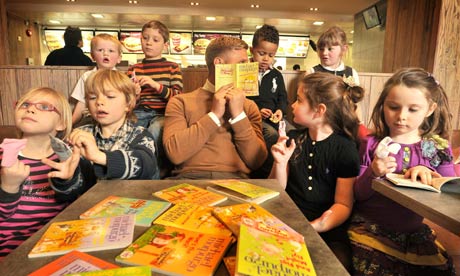 You may know him as the writer of The Scarlet Letter, but he wrote other interesting books, among them, this one for children... and lovers of children's books.
You may know him as the writer of The Scarlet Letter, but he wrote other interesting books, among them, this one for children... and lovers of children's books.Six legends of Greek mythology, retold for children by Nathaniel Hawthorne. Included are The Gorgon’s Head, The Golden Touch, The Paradise of Children, The Three Golden Apples, The Miraculous Pitcher, and The Chimaera.
In 1838, Hawthorne suggested to Henry Wadsworth Longfellow that they collaborate on a story for children based on the legend of the Pandora’s Box, but this never materialized.
He wrote A Wonder Book between April and July 1851, adapting six legends most freely from Charles Anton’s A Classical Dictionary (1842).
He set out deliberately to “modernize” the stories, freeing them from what he called “cold moonshine” and using a romantic, readable style that was criticized by adults but proved universally popular with children.
Don't you just love children's books? As for me, I must get my hands on this one.

